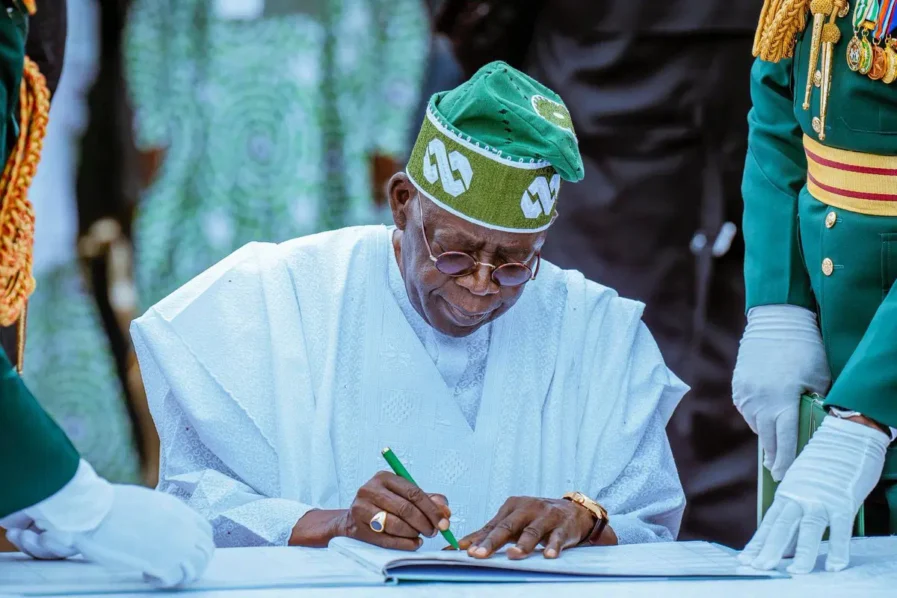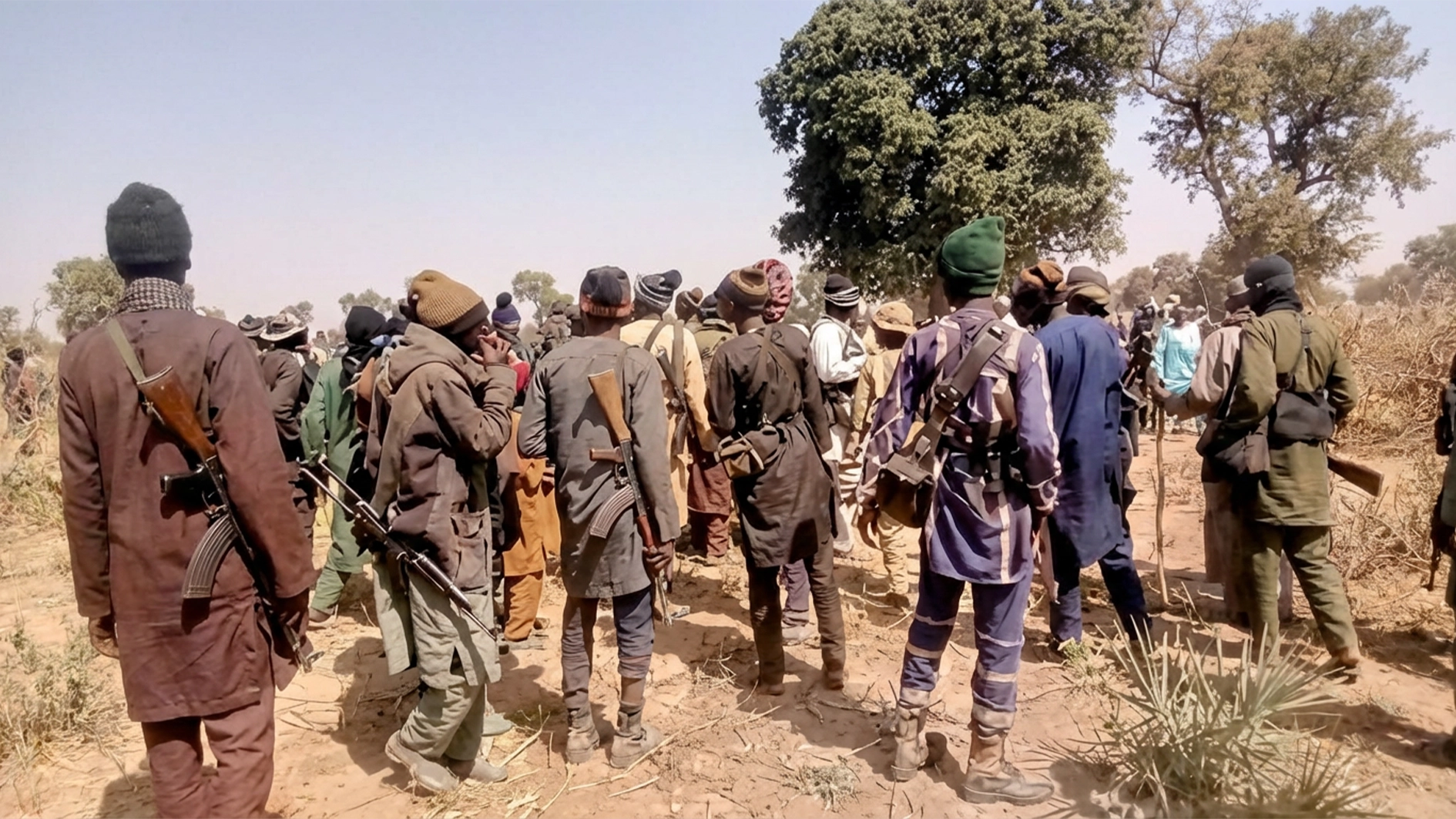
Special Adviser to the President on Communication and Orientation, Sunday Dare, has compared President Bola Tinubu’s economic reforms to the transformative leadership of Singapore’s founding father, Lee Kuan Yew.
He also dismissed the rumours of a cabal in the presidency, insisting that President Tinubu is 100 percent in charge of the governance of the country.
Dare, who made the observation while speaking on the Politics on Sunday programme on TVC, noted that though Yew’s three major decisions were contentious, they significantly improved Singaporeans’ quality of life.
Lee Kuan Yew was the first and longest-serving Prime Minister of Singapore from 1959 to 1990.
Widely regarded as the founding father of modern Singapore, Lee transformed the city-state from a small, resource-deficient British colony with high rates of illiteracy into the most prosperous country in Southeast Asia.
Under his leadership, Singapore developed a robust economy with one of the highest GDP per capita figures in Asia.
Dare, a former Minister of Sports, said it has come to a time when Nigerians must confront reality, stating that resources and revenue to the government are going down, while the population is increasing.
According to him, President Tinubu has come to change the narrative.
He said: “We have a lot of leakages in our system. And like I said, it must come to a time when you will need a leader to emerge.
“Let me give you Lee Kuan Yew’s example, from 1953 to 1990. His story is well-told. When he came in, he took three major decisions that became extremely contentious, yet he stood his ground all through, working with the people, and not only explaining but also making sure there were improvements in the quality of life.
READ ALSO:Economic Reforms: Nigerians rejected your ideas in 2023 election, Presidency tells Atiku
“First, he said let’s have English language as a unifying language.” He was attacked all through. Second, he said, pay civil servants, public servants, massive salaries, which was very important. The third thing he did was to ask that they bring the best people, experts from anywhere around the world—the best experts in energy, power, and education to build the backbone infrastructure needed for Singapore’s development.
“Those three decisions were so contentious, but he stayed the course. This president will stay the course because he has seen the data, and he knows that what Nigeria needs now is fixing. I’m sure Nigerians will come to terms with this development and, in no distant future, will start to see the impact. Already, we’re seeing it. You look at the CNG.
“You look at NELFUND; it’s extremely successful. You look at credit cards; as it is, more than 11,000 civil servants have gotten their money on the lowest interest rate you can ever get, four percent. This president is at work for this country. This president deals with statistics and data but also understands that, to some extent, there are certain decisions that have to be taken now; if not, this country will suffer for it.”
On the issue of a cabal, Dare explained that the idea of a cabal refers to just a few persons who hold key positions that the President needs to meet daily for briefings.
“I think we’ve become so comfortable with the idea of the cabal, and you must understand how the idea of the cabal—the people they call the cabal—are the people that are holding the key sectors of the economy.
“These are people who are advisors, who must advise the President on trends, who must put critical data in front of him, and they have access to him. How does access turn you into a member of the cabal? The Minister of Finance, for instance, sees him (Tinubu) on a constant basis to show him all the indicators so that they can see them, and they must have constant meetings.
“So what is happening is that this idea of a cabal has a negative connotation that we entrench. I think that notion should change, because in any government, you have 5 to 7 people who are holding key positions and who must brief the President on a constant basis. That access is what people think makes them a cabal.
“The President is 100 percent in charge, and he has always been from day one, and he has shown it. When the CBN cybersecurity tax came up, the president cancelled it because he dealt with the facts.
On the tax reform bill before the National Assembly, the Presidential Aide said the president has acted within the ambits of the law by allowing the legislative process to take its course.
He explained that the tax reform bill, when signed into law, will be critical for reforms in the various sectors of the economy.
Dare noted that developed nations, which were at the same level as Nigeria in the past, adopted painful tax reforms, which aided them in their economic transformation.
“I think it’s absolutely important because when you look at the four bills right now, at the National Assembly, they are just bills—they’re not acts yet. That means there’s still an opening to have conversations around the bills, take out some things, readjust certain elements of it, and bring it back.
“I think it’s a remarkable bill, and it’s critical for the larger reforms in various sectors that the President is working on. When you look at the Nigerian tax bill, the overall bill, you look at the joint tax bill, you look at that for revenue, then you look at tax administration.
“The President’s preference is to have a de jure approach to it, not a de facto one, because even if you do it outside of the legislature, then he must have contravened Nigeria’s constitution. So being a president that understands the law and the Constitution says it’s already there, let’s have the representatives of the people from across the country deliberate on it.
“The people, the governors, Nigerians, can send in whatever comments they have, whatever deviations they have, and then that can be processed. I think that is the best way.
“I think it’s the right way to go because any other path will bring a crisis. When you look at the tax very well, it targets posterity, not poverty. Look at the revenue tax, for instance: you can keep 100% of the taxes within your domain. That brings about control of your taxes, but also a level of responsibility at the level of the state,” he said.






